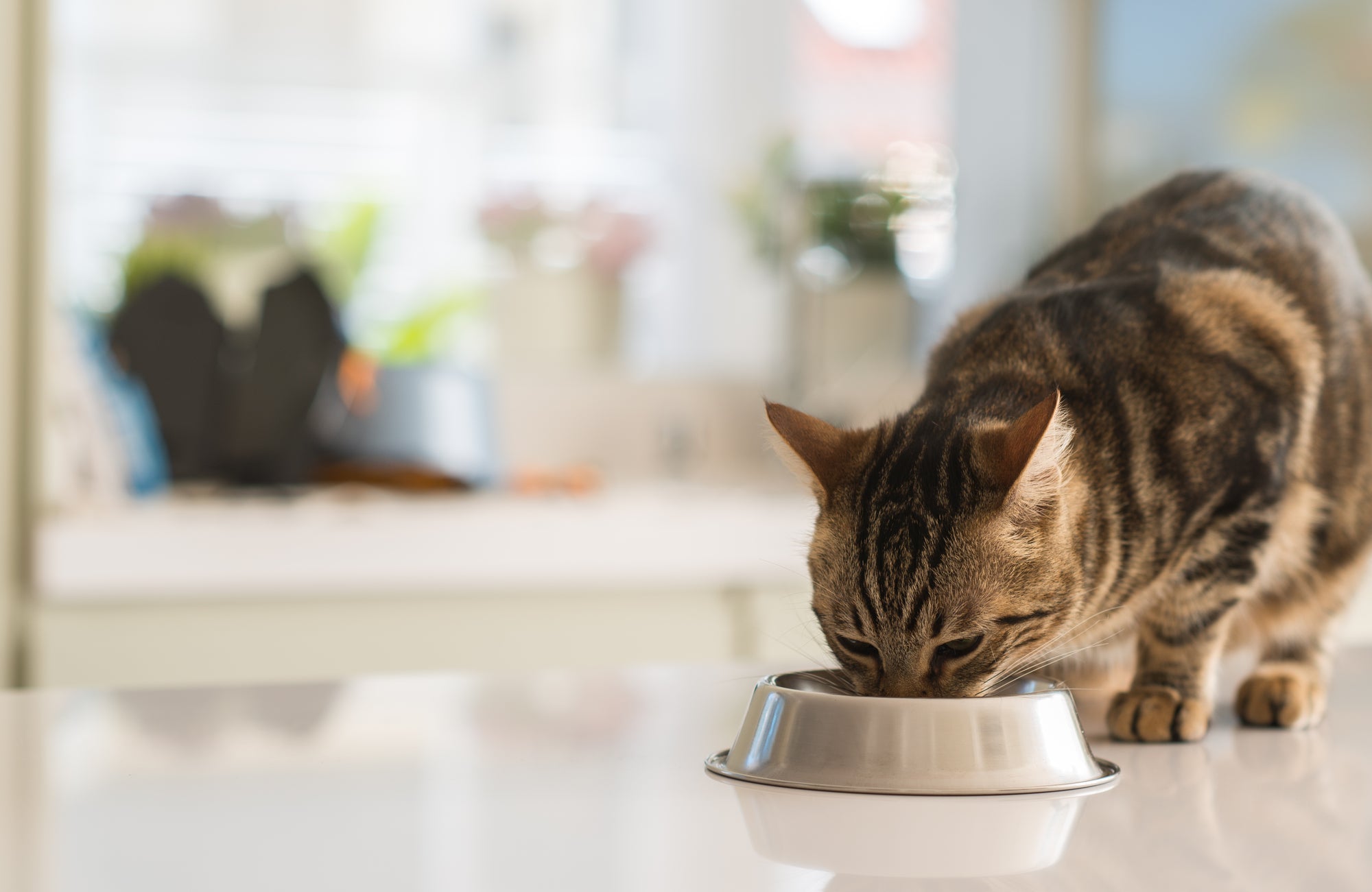One key advantage of owning cats is that they mainly look after themselves. As long as they have ready access to food and water and either a litter tray or cat flap, they are more than happy.
They do still need us though, even if they would never admit it!
One of our jobs is to monitor them and be on the lookout for changes in behaviour. One such change is a loss of appetite.
Cats will regularly go a day or two without eating. That’s normal.
If your cat has skipped multiple meals and won’t even respond to tuna or other tasty treats however, there may be more to it and you will need to investigate further.
Why a loss of appetite in cats can be a problem
It’s not necessarily the loss of appetite in itself that can be a problem. It’s the underlying cause that could be concerning.
Skipping the occasional meal or even going 24 hours without eating is normal. Cats can find food anywhere and they may be out hunting or have found another source of food.
That isn’t always the case though.
A loss of appetite in a cat can indicate gastric distress, toothache, pain, discomfort or something more serious.
Not eating can leave them low on energy and missing key nutrition. Fine every now and again, but not something you want to become a habit.
What to do if your cat loses its appetite
The first thing to do is not worry. It is unlikely to be anything serious, but you shouldn’t ignore it.
We would recommend starting with the obvious and working your way through to a vet visit. It could be something really simple stopping your cat eating, so it’s best to check those first.
Check if your cat is eating elsewhere
Cats are very clever animals and can find food sources anywhere. Monitor your cat’s behaviour and activity wherever possible to check if they are out hunting or eating another cat’s food.
They may have found a neighbour’s cat food and be eating that instead, or a neighbour may be feeding your cat out of kindness (we’ve all experienced our cats finding a ‘second home’ nearby!). Alternatively, your cat could be hunting its own food.
Monitor energy levels
It’s hard to see how much energy a cat has as they sleep so much. But it is possible if you know your cat.
Monitor how much they sleep, how often they go outside (if they go outside) and how much walking around they do.
Try to engage the cat in a game of some kind, chase is usually good. If the cat engages as normal, there may be nothing wrong.
If the cat is lethargic or doesn’t want to play, try again over a couple of days to establish a pattern.
A cat that’s feeling lazy on a single day is not a problem. A cat that’s feeling lazy over a few days when they would normally play may be cause for concern.
Change their food
Cats can be fussy creatures. Your cat may not be eating because they’ve simply gone off or don’t like the food you’re giving them.
If you’re trying new food, change it back. If you’re still using the food they have always eaten, try something similar but different.
Check to see if they have an appetite for treats. If they eat treats fine and not food, it could be down to the food. If they don’t eat treats either, it could be something else.
Change the location of their food
Monitor your cat’s usual eating spot. See if there’s anything around that would put the cat off eating there.
If you have other animals, make sure they aren’t using the cat’s bowl or stopping your cat eating. Animals can be funny about eating and much prefer being left alone.
If you spot problems, move your cat’s food somewhere nobody can interfere with it and see how that goes. Don’t forget to introduce your cat to their new place!
Make sure there is always fresh water available
Cats don’t drink enough and would get their moisture from food in the wild. That’s why it’s so important to make sure your cat always has fresh water to drink.
They aren’t great at drinking but they will when thirsty. Fresh water every day can help prevent urinary tract infections and other maladies.
Thoroughly clean food and water bowls
You should thoroughly clean food and water bowls regularly to keep them free of bacteria and mould.
Bowls should be emptied and cleaned with warm soapy water and thoroughly rinsed using hot water.
This can minimise the risk of bacterial infection and bad tastes or smells putting your cat off eating or drinking.
Tuna or fresh fish
Unless your lifestyle dictates otherwise, offering your cat line-caught tuna or fresh fish should overcome any behavioural cause of not eating.
There may still be underlying causes, physical or otherwise, but this is a surefire way to see if your cat is just bored with their food or if it’s something more serious.
Time for a vet visit
If you have tried some of these techniques and your cat is still habitually missing dinnertime and isn’t eating, it’s time to visit the vet.
It may be nothing but it may be something. You are much better identifying and treating it early rather than leaving it!

